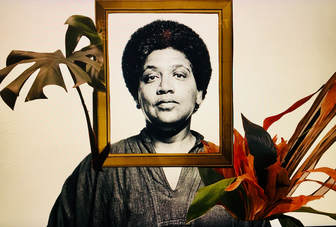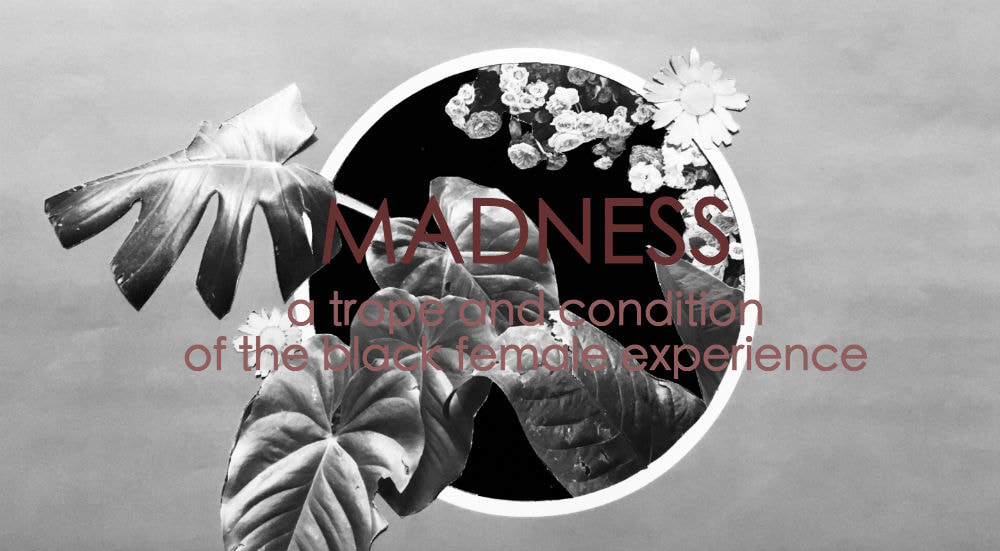
- In relation to my investigation into Black women's anger, Audre Lorde’s own texts, particularly "The Uses of Anger" on the matter speak largely to the manner in which the trope of the Angry Black Woman is engaged to disavow or diffuse the content of her words and the validity of her emotion. "My anger is a response to racist attitudes and to the actions and presumptions that arise out of those attitudes," she says, contextualizing her emotion within imposed structures of power. "If your dealings with other women reflect those attitudes," she continues, "then my anger and your attendant fears are spotlights that can be used for growth in the same way I have used learning to express anger for my growth. But for corrective surgery, not guilt. Guilt and defensiveness are bricks in a wall against which we all flounder; they serve none of our futures."
Conceiving of the anger expressed by Black women, both individually and collectively, as not only an appropriate response to racism and sexism, but as providing potential insight from which one can grow and evolve informs a radical departure from the presumptions that aim to confine Black womanhood to a stereotype or caricature. "Women responding to racism means women responding to anger; anger of exclusion, of unquestioned privilege, of racial distortions, of silence, ill-use, stereotyping, defensiveness, misnaming, betrayal, and co-optation." Lorde speaks of these experiences within scholarly circles and particularly within spaces dominated by white feminist rhetoric.
She lists the affronts and offenses she has encountered, presenting her angered responses as immediately oppositional to the themes of racism and sexism that pervade academic spaces and communities. "After fifteen years of a women’s movement which professes to address the life concerns and possible futures of all women, I still hear, on campus after campus, 'How can we address the issues of racism? No women of Color attended.' Or, the other side of that statement, 'We have no one in our department equipped to teach their work.' In other words, racism is a Black women’s problem, a problem of women of Color, and only we can discuss it." These instances, Lorde provides, are not unique or rare; rather, they are symptomatic of the dynamics of white power, those designed to affirm a white/black, male/female binary in their persistency. And because of their persistent nature, they remain frustrating, tedious, and ever oppressive, prompting anger.
|
"Anger is an appropriate reaction to racist attitudes, as is fury when the actions arising from those attitudes do not change. To those women here who fear the anger of women of Color more than their own unscrutinized racist attitudes, I ask: Is the anger of women of Color more threatening than the woman-hatred that tinges all aspects of our lives?"
|
As Lorde contends, the response of anger to racism and sexism is not only appropriate given its provocation, but it is something that all women, all oppressed people can speak to and engage in as a movement toward change. "Every woman has a well-stocked arsenal of anger potentially useful against those oppressions, personal and institutional, which brought that anger into being. Focused with precision it can become a powerful source of energy serving progress and change. And when I speak of change, I do not mean a simple switch of positions or a temporary lessening of tensions, nor the ability to smile or feel good. I am speaking of a basic and radical alteration in those assumptions underlining our lives." Upon this articulation, Lorde staunchly proclaims that women, especially women of color, are entitled to their anger and its expression, for they both have utility.

Madness: A Trope and Condition of the Black Female Experience by Flora de Tournay is licensed under a Creative Commons Attribution-ShareAlike 4.0 International License.



